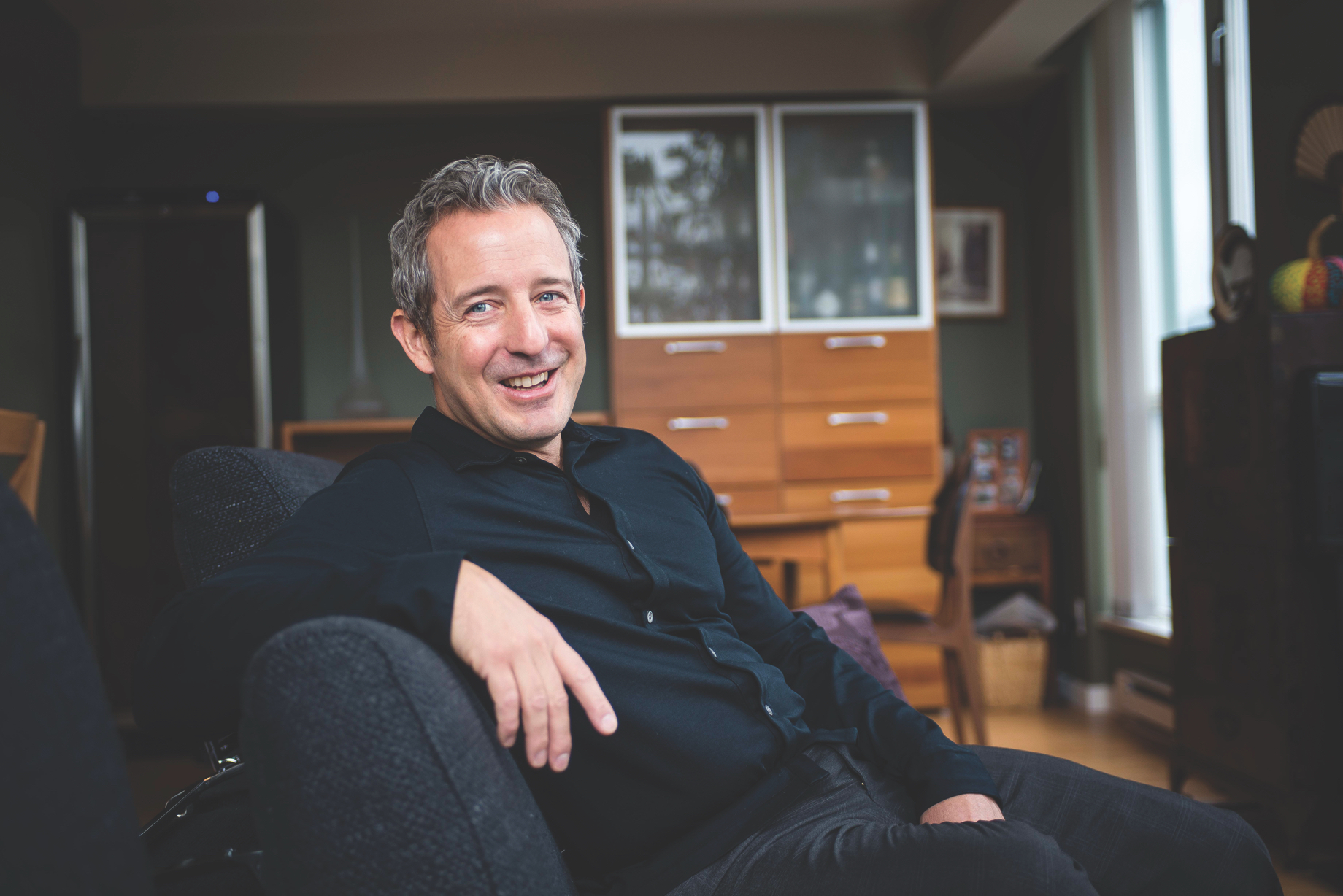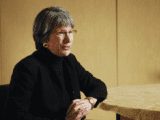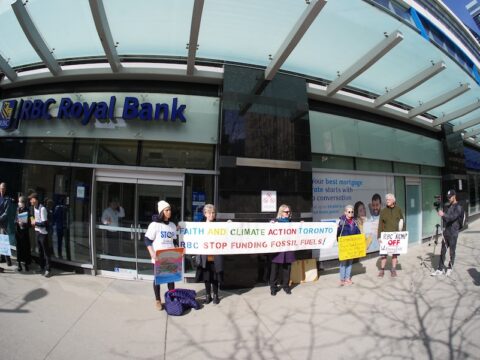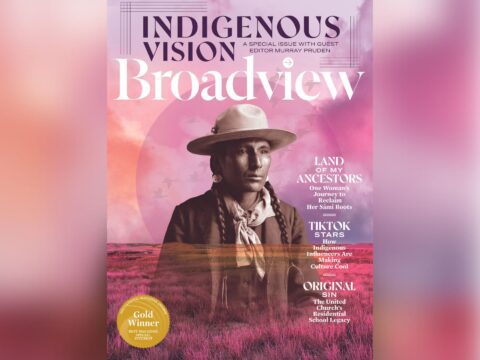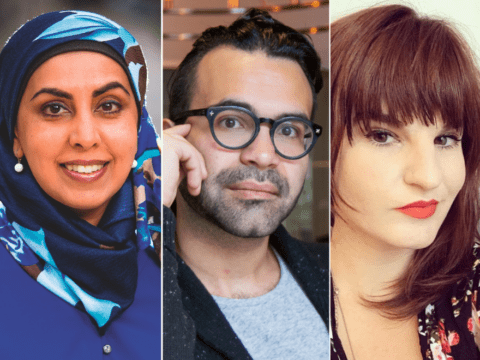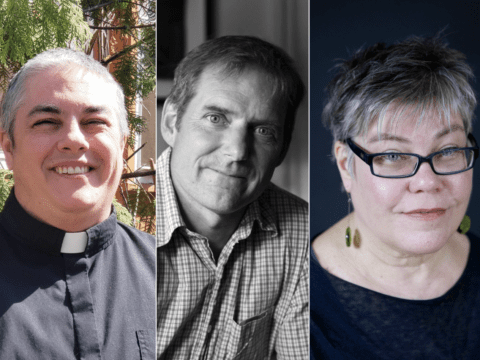They are among the most vexing philosophical questions to confront anyone who has given serious thought to the role of religion in society: Does religious faith, on balance, make humans more moral in their everyday lives? Do some religions promote co-operation better than others? And how did relatively young faiths like Christianity and Islam each grow to boast more than a billion followers, while more ancient belief systems remain isolated or simply wither away?
Funded in significant part by a $3-million grant from the Canadian government, an international team of researchers, dubbed the Cultural Evolution of Religion Research Consortium (CERC), has embarked on a six-year study to find hard answers. Led by the University of British Columbia and Simon Fraser University, the endeavour promises to reshape the academic study of faith and advance Canada as a hub for scholarship in the field.
You may unsubscribe from any of our newsletters at any time.
With results set to be released in 2018, the Evolution of Religion and Morality project aims to serve as a kind of taxonomy of religious beliefs that are present today or have existed historically, affording scholars clearer insight into how each belief system shaped — and was shaped by — the cultures in which it gained prominence.
Edward Slingerland, a professor in UBC’s department of Asian studies, is the lead researcher on the study. Speaking in an easy, vaguely Midwestern accent that belies his New Jersey upbringing and the two decades he spent living in California, he explains the overarching hypothesis the CERC team is working to test. “Religions that have a certain set of features,” he says via Skype from his Vancouver office, “are going to contribute more to within-group co-operation.”
The characteristics he mentions — citing his own research and that of fellow UBC professor, social psychologist Ara Norenzayan — may sound familiar to those rooted in the Christian tradition: highly moralistic gods who monitor the actions of human beings; “costly displays” like sacrifices, tithes or fasts; and rituals that adherents perform in unison. Religions that feature these traits, Slingerland says, are more likely to promote social cohesion among their followers than faiths that lack them.
A major implication of this argument is the possibility that religion has historically played an enormous role in the rise and fall of world civilizations. “Societies whose deities turn out to be moralizing and omniscient make people co-operate better,” says Norenzayan, who devoted his 2013 book, Big Gods: How Religion Transformed Cooperation and Conflict, to the topic. “Then if people start to co-operate better, these societies expand at the expense of societies that didn’t, all else being equal.”
How is CERC going to test these theories? Researchers have split off into two separate teams: the ethnographic-experimental team, assigned to probe the religious beliefs of a host of different communities around the world; and the historical team, tasked with tracking the development of religious ideas over time.
Norenzayan is co-ordinating the ethnographic-experimental side, dispatching research squads to visit ethnic groups as disparate as a chiefdom in Fiji, a group of semi-nomadic herders in Siberia and a tribe of hunter-gatherers in Tanzania. Each squad, composed of experts in the language and customs of the culture they’re assigned to investigate, poses a slate of questions to locals about the nature of their religious beliefs and practices.
“We’re asking, for example, ‘How do you mentally represent your gods? How powerful do you think they are? What morality or which kinds of moral things do they care about?’” says Norenzayan. “You get to see a huge range of beliefs that we are capturing.”
In addition, each squad runs basic economic games with its hosts, designed to gauge how community members engage in moral decision-making. In one iteration, each player is given two cups. “One is for them, and one is for someone else in the community,” Norenzayan says. “The participant rolls the dice and, depending what number they get on the dice, they’re allocated a sum of money to give to themselves and another to give to the other person.”
However, divvying up the cash is based on the honour system, offering players the opportunity to flout the rules. This is deliberate. Over the course of many trials, Norenzayan says, researchers can determine whether the average community member follows the instructions, cheats to pocket extra money or, conversely, breaks the rules to enrich a hypothetical neighbour. “With a game like this, we can get some handle on how much their religious practices and beliefs encourage pro-social behaviour toward one’s own group.”
Researchers are meeting in Vancouver this month to troubleshoot what went wrong in the first year of trials. Not surprisingly, several squads — especially those assigned to remote locales — faced hiccups along the way.
The Fiji crew, for example, had a tough time getting its hands on enough currency to conduct the economic games, Slingerland says. Researchers ruffled feathers by sapping a local bank of small paper currency. To keep the trials going, the researchers had to “drive to a bank that was a day’s trip away and drive back with a huge duffle bag full of cash,” Slingerland laughs.
While the ethnographic-experimental team gathers its data from cultural groups in far-flung pockets of the globe, the historical team, led by Slingerland, is venturing into the distant past for insights on the role of religion in the development of society. Historians and religious scholars affiliated with the project are poring over ancient texts and reams of archeological papers to trace how ideas about religion originated, spread and, in some cases, faded into disuse. The team’s findings are being digitally archived and will eventually comprise the consortium’s Database of Religious History.
The impetus behind creating the collection, Slingerland says, is to give researchers a trove of solid empirical data they can use to explore the connections between a particular set of religious practices and the trajectory of the culture in which the customs are found.
At present, “we have just historians’ intuitions about it,” Slingerland says. “The human brain is very good at crunching data. So their intuitions are often very accurate. We’re trying to codify and convert historians’ qualitative intuitions about this stuff into quantitative data.”
The database will also allow researchers to view on a digital map the development of a specific kind of religious ritual, Slingerland says. “You’ll be able to do all kinds of things, like if you’re interested in a certain type of costly display. When and where does scarification rise? We can actually trace the spread of these kinds of practices.”
He says one of the most enticing aspects of the database is that it will be almost infinitely expandable. Once it is unveiled in 2018, religious scholars worldwide will not only have the opportunity to consult the resource, but they’ll be encouraged to contribute to it, too. “And the bigger it gets, the easier it’ll be to recruit historians, because it’ll be worthwhile to them to get access to the database,” Slingerland beams. “And eventually, it’ll be made public, so that anyone who is interested in these issues could go do their own query.”
Though confident in the strength of his hypotheses, Slingerland, a self-described atheist, doesn’t want to presuppose the outcome of CERC’s research. However, he is certain about one thing: the project will bolster Canada’s reputation in the academic study of religion.
With CERC headquartered at UBC, Slingerland and his associates are applying to run a freestanding religious studies program at the institution for the first time in more than a decade. “I think because of the profile of the government grant, we’ll immediately start to attract some of the finest graduate students and really good undergrads. It’s definitely going to raise the profile of religious studies in Canada.”
***
This story first appeared in The United Church Observer’s April 2014 issue with the title “Decoding a world of religion.”

